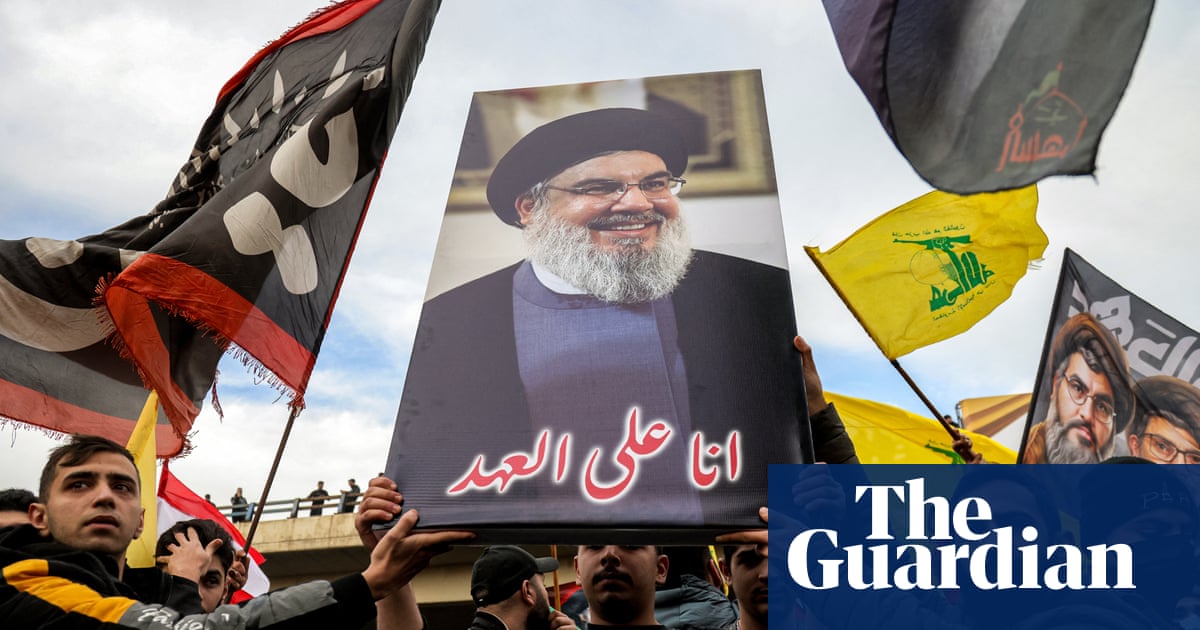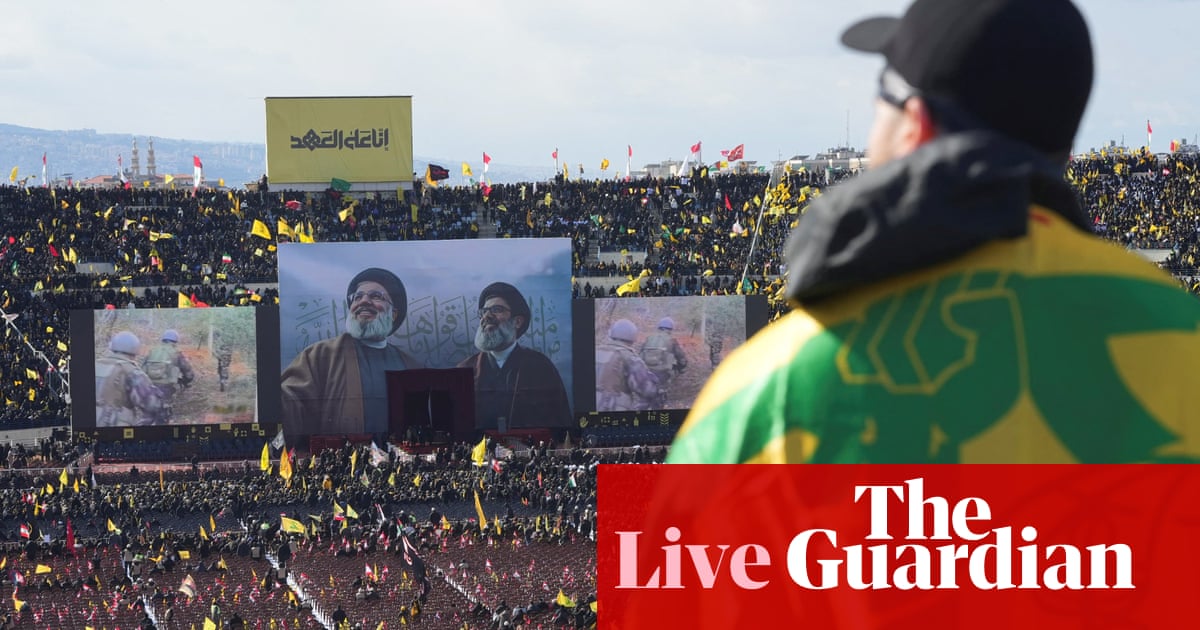Michael Safi was in Lebanon in the summer, when it was on the brink of war between Israel and Hezbollah, the most powerful force in the country. Months later, in October, Israeli troops invaded Lebanon amid a wave of airstrikes and assassinations of top Hezbollah leaders and commanders.
Michael returned this month and visited destroyed villages in southern Lebanon as civilians were returning to their homes. On the ground, it appeared the Israeli military had a political strategy too: splintering Lebanese society by driving a wedge between the community that traditionally supports Hezbollah and everybody else.
The journalist Hassan Harfoush says the war has left many Shia Lebanese people feeling bitterly divided from the rest of the country, while activists such as Paul Najjar suggest Lebanon is on the verge of a hopeful new era











